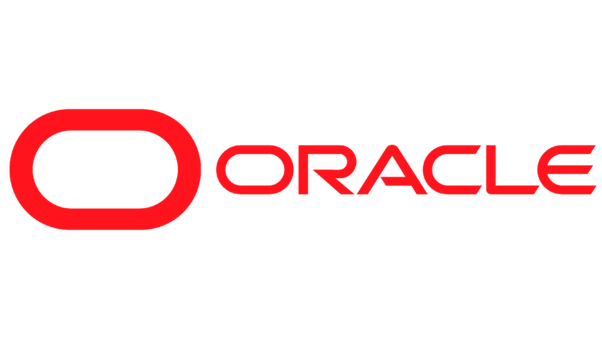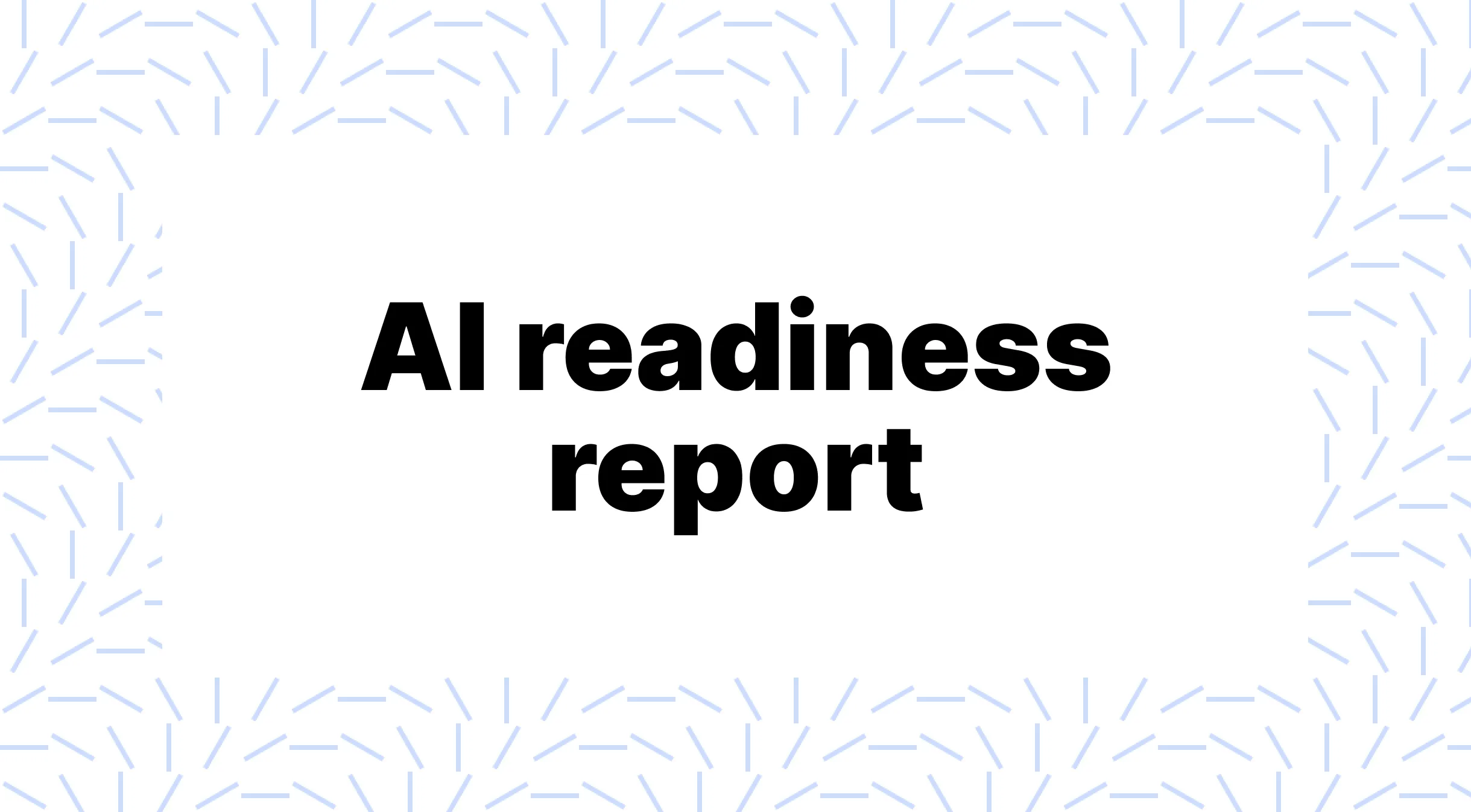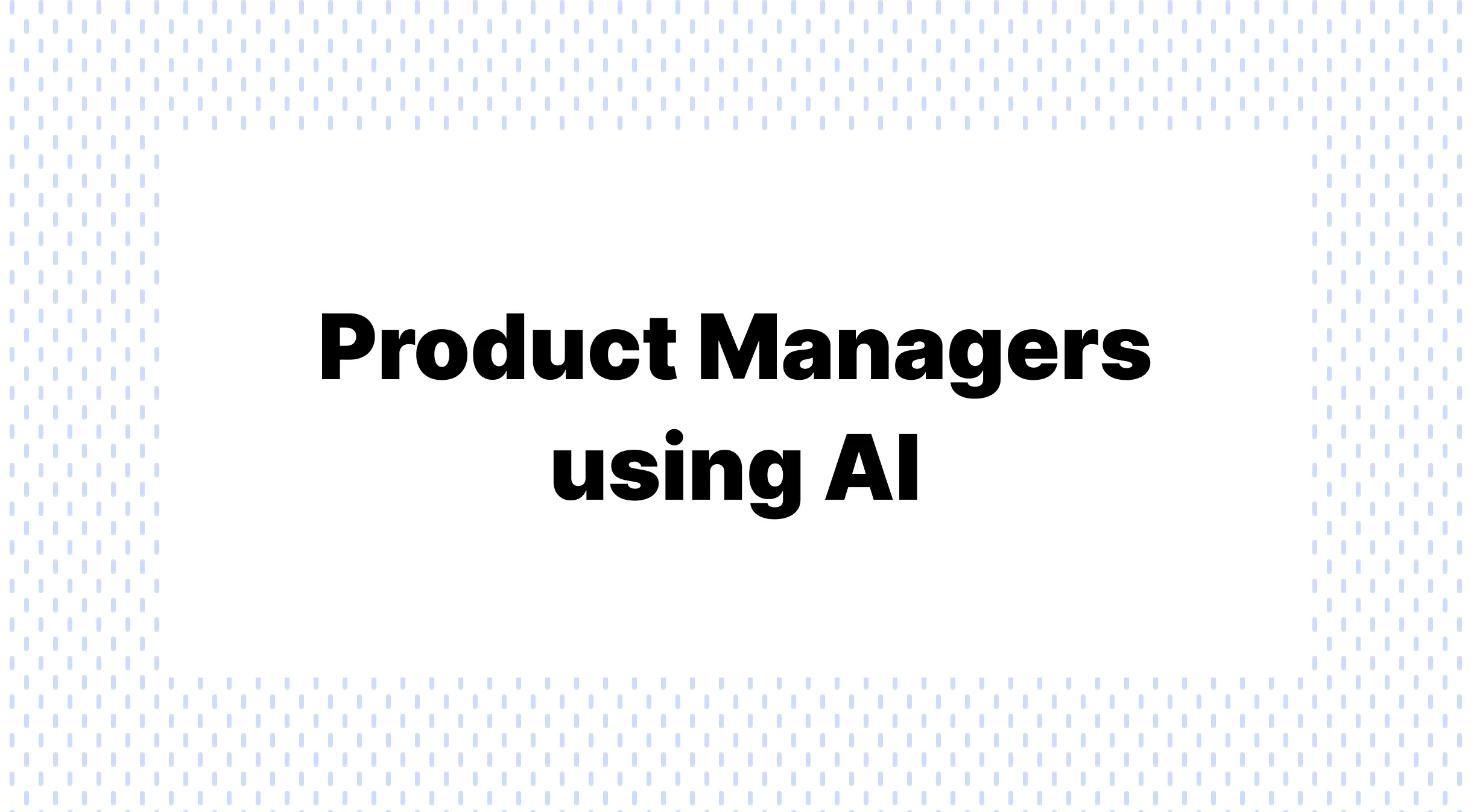How Intercom is Leading AI-First Customer Support
Intercom is taking a big swing with AI, shifting to an AI-first customer service company.
Intercom's approach to AI-first customer support revolves around three key stakeholders: the end user, the support rep, and the manager.
"We've kind of taken a big step back and being like, there are basically three stakeholders in a customer support conversation.”
Intercom's first focus was building for the end user with their AI agent, "Fin." The next tool they're launching is an AI co-pilot for support reps, followed by AI insights for support managers in the future.
In this interview with Des Traynor, Co-founder and Chief Strategy Officer, we spoke about:
- What their new co-pilot does
- How it works
- How AI can augment customer service jobs now
- The future of customer support with AI
- How other companies are approaching AI in customer support
- What it takes to become an AI-first company
Tell me about the new launch!
What we're launching is a full-on AI co-pilot that sits in the inbox. It can do things Fin can't do. Most notably, it can parse all historical conversations that have ever been had and create this idea that, like, Hey, if this was ever answered once, I'll find the answer and show you the answer.
How have you built around the restrictions of not leaking conversations or internal docs?
We've built around both of those restrictions pretty well. What we can do is you can import all your private knowledge, like stuff that's known within the support team. An example would be like a refund policy or something like that. Like you don't publish it and maybe you have like edge cases where you will break the rules, hard limits and soft limits and all that sort of stuff.
Seeing the Co-Pilot in action

Des walked me through a demo of the new AI co-pilot, showcasing how it sits in the support rep's inbox and can access full historical conversations. The co-pilot provides AI-generated responses based on public and private knowledge, flags if it's using private information, and allows the rep to review before sending.
The humans kind of own managing the intelligence and the data sources and like what's in and what's out.
Is there a reason that this co-pilot can't sit within Fin, the user-facing bots and do all these things?
Yes, because there are a few different things, but one is obviously access to private knowledge and making sure we don't accidentally leak it in one area. More generally, there are a lot of things you can imagine in the support vision of the future. All of the common questions that have ever been answered before will be solved by Fin. Then, the stuff that gets through, Fin co-pilot, will probably be able to answer it because it has access to more information that hasn't necessarily been shared or can at least help the user craft or apply.
There's also an AI readiness thing. A lot of customers are still scared of putting AI in front of their customers. But when we tell them that, like, Hey, if you use this co-pilot tool, you can get like, we've seen a 30% increase in like agent productivity, meaning like the number of conversations handled by an agent in a day, they all want to do that because they're like, this is good. Cause it's not, I'm still scared of putting AI in front of my users, but I can definitely put AI to help my teammates.
What benefits have your customers seen from using the AI co-pilot?
Customers are seeing a genuine increase in throughput. The average human support rep is getting a lot more done just because it's much easier to get all this stuff done. Less time off top, less time changing Slack, less time typing. They're also getting faster replies, which is good for customers. But the one that our customers really love is also like this decrease in ramp time.
Tier one technical support, or tier one customer support, in general, is a really high churn job. Everyone either takes it as a stopgap or takes it to get promoted.
So, as a result, even with a beautifully managed high-performance support team, their staff team turnover is pretty high because people either get promoted out of the role or leave it. So because of that, ramp time is a huge concern. And I think having a co-pilot there who can do this work for you is of huge value.
How do you handle a situation where a rep has told a customer something that is against policy, like promising a refund without a receipt, and then the customer brings that up in a later conversation?
The way Fin works off what we call atomic knowledge bites, if you know what I mean? Like just snippets of information that it believes contain knowledge, and we have a knowledge hub that includes all your public docs, all your private docs, all your customer conversations, and you can exclude them. We have built a way where agents can basically go and update the knowledge repo and say like, this is no longer valid.
So it's like, that's how you can almost take stuff out of circulation if you know what I mean.
What does the future support team look like with AI?
In our world, I think there's a new step: any answer we've ever given about why we don't have a support copilot, we need to take all that out of circulation as well. And so you can basically archive those, and they all get superseded by whatever the next conversation is.
I just think about the nature of a support team or the mapping and the titles in a support team. You're going to have a knowledge manager, AI manager, conversation designer, and that sort of stuff. They don't really exist today, but that's what the future support team looks like.
What do you think about how other companies are approaching AI in customer support?
I think, genuinely, the incumbents are trying to run around and bolt on AI. They're just trying to stick it in wherever it makes sense, wherever they can do it in a light way. I think that's why you see a lot of, like, I would call it, superficial or synthetic features in that space. And I think the reason for that is that it's a big lift to try and redesign an inbox as we just walked through, like for an AI-first world.
I think the smaller companies, like there were probably 20 support companies in the last couple of batches of YC, for example. I think they're building really polished, specific tools that are kind of platform-agnostic. My challenge for so many of them is that they're building a little thing that connects to Salesforce's service cloud tool. And there's obviously going to be an AI group in Salesforce building that thing as well. And I just think I worry about the sort of shelf life of that opportunity.
What does it take to shift a company to be AI-first?
The first thing it takes is kind of like clear and decisive direction from the CEO. The first thing you need is an absolute decision about what we're going to do.
The second thing is that you need your AI people to be elevated, to be at the same level as your head of product or whatever. I just think so much of the old way of building products is not relevant in an AI world.
You need to change your product process entirely to understand what AI is capable of and to address the uncertainty inherent in AI products.
And then the last thing, and probably in a lot of the companies who spoke about the thing that's missing, is to think a big step back and say, what is the actual core? I would say job to be done. What are the core things people need to get done here?
You have to redesign your workflows and, ultimately, your platform and your primary navigation, all that to assume that AI exists. You have to build it in an AI-native way, which means addressing the uncertainty up front. And then, obviously, you need to think about pricing and scaling and all that sort of shit as well.
More like this
Start learning today
If you scrolled this far, you must be a little interested...
Start learning ->Join 3,107 professionals already learning










.png)





